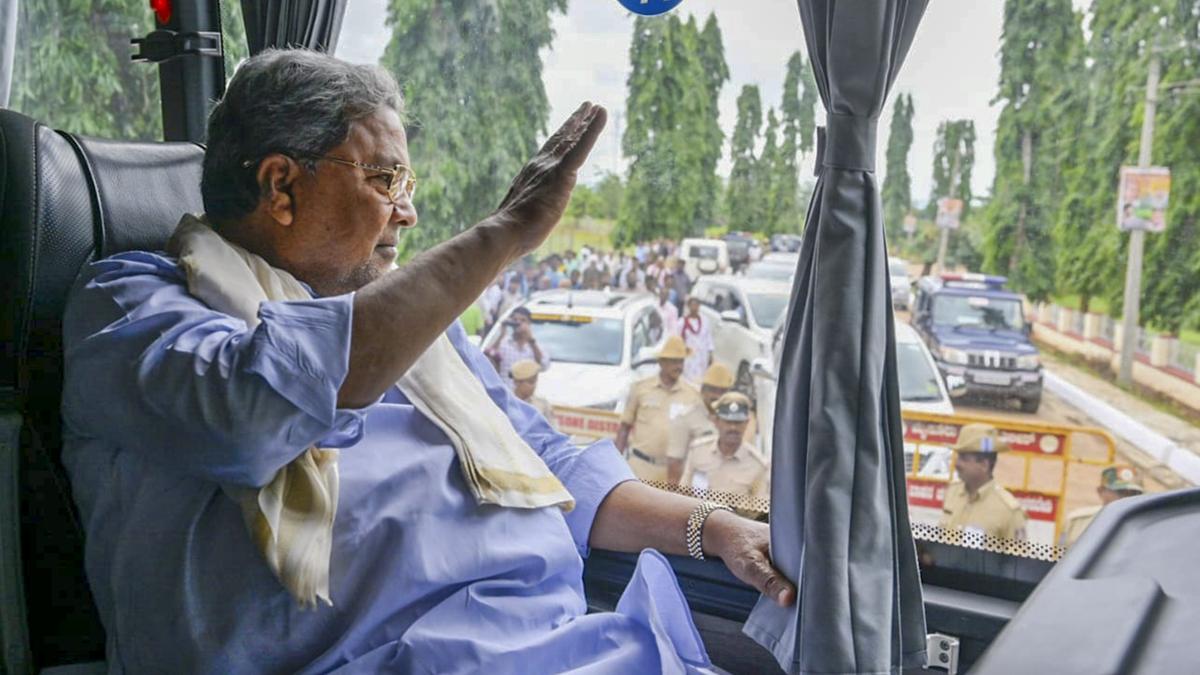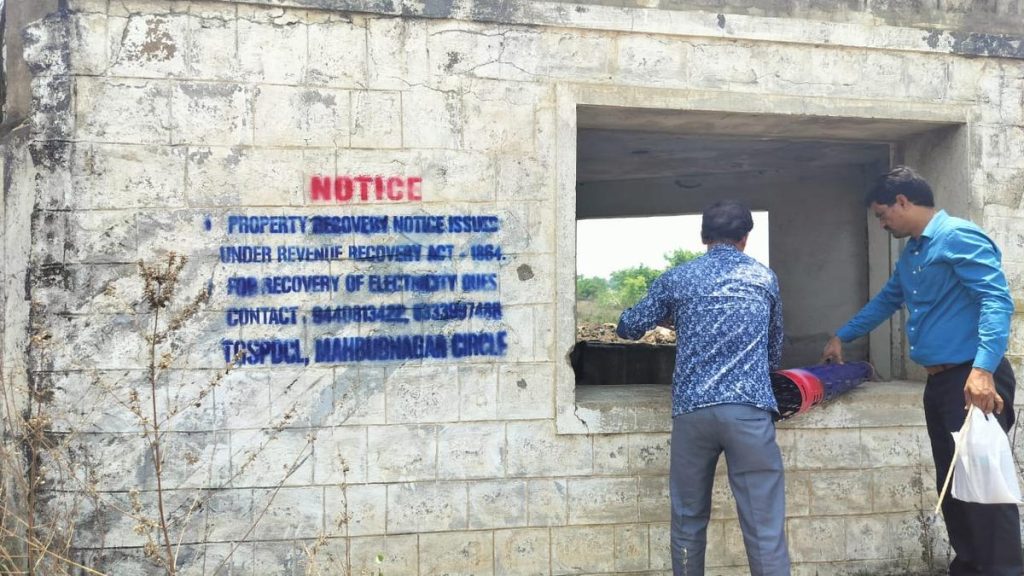Now Reading: Karnataka CM Announces ₹32.25 Crore Restoration for Kabini Dam
-
01
Karnataka CM Announces ₹32.25 Crore Restoration for Kabini Dam
Karnataka CM Announces ₹32.25 Crore Restoration for Kabini Dam

Swift Summary
- Karnataka Chief Minister Siddaramaiah announced a restoration project for the Kabini dam, costing ₹32.25 crore, approved in the State Cabinet meeting.
- The Kabini reservoir, constructed between 1959 and 1974, is 51 years old. restoration work aims to strengthen and modernize it but does not indicate structural weakness, as clarified by officials.
- Concerns had been raised about minor cracks in the dam; however, Cauvery Neeravari Nigam Limited (CNNL) ruled out immediate threats.
- Modernization of Taraka canal systems and growth of a garden at Kabini dam under a public-private partnership (PPP) model are being considered.
- The government plans additional tourism projects like building Brindavan Gardens at KRS reservoir and hosting Cauvery Arathi to boost local employment.
- Deputy CM D.K. Shivakumar stated that safety assessments have been conducted across all dams to address concerns raised after issues with Tungabhadra dam’s crest gate last year.
- Siddaramaiah addressed inter-state water-sharing tensions regarding Mekedatu reservoir approval from the Centre and rejected BJP’s political suggestion to involve DMK allies on this issue.
[Image Source: PTI – Karnataka CM Siddaramaiah offering ‘bagina’ at Kabini Dam.]
Indian Opinion Analysis
The restoration plan for Kabini Dam reflects an acknowledgment of aging infrastructure within crucial water resources amid growing demands for agricultural irrigation, tourism development, and safety assurances. Though CNNL assures no immediate cause for concern over structural deterioration, proactive governance through modernization is sensible given increasing climatic unpredictability impacting water systems.
The dispute over Mekedatu highlights ongoing complexities in interstate river management policies where national coordination often stalls due to political dynamics between state-centered priorities versus collective needs across borders.
Tourism-related initiatives such as garden development around major reservoirs present economic benefits through job creation but require prioritizing core infrastructural integrity before commercial ventures expand further into sensitive ecological areas.
For more details: Read More























